Quentin Tarantino, whether you love him or hate him, is an undeniably talented filmmaker. As someone who fetishizes the iconography of classic cinema (nearly as much as dirty feet), his passion for film can be felt in every frame of his movies. His latest, Once Upon a Time in Hollywood, is not an exception to the rule. Although it may be messy, self-indulgent, and scattershot, it’s infectiously entertaining in a way that only Tarantino can pull off.
The structure of the film is more akin to a series of vignettes rather than a cohesive story. Although the plot primarily centers on Rick Dalton, an actor struggling to stay relevant as the industry pushes forward, and Cliff Booth, his badass wild-card of a stunt double, Once Upon a Time in Hollywood introduces an ever-expanding cast of characters to showcase the culture of Los Angeles in the 1960s. It’s like if Seinfeld worshiped at the altar of Sergio Leone instead of Abbott and Costello. On paper there’s not much going on, but that isn’t to say the film is boring. Bolstered by lavish, meticulously period-accurate production design, fantastic performances, and multiple hilarious moments, the film is a joy to watch. It’s easily some of the most fun I’ve had in a theater all summer, even if its merits are bogged down by its flaws.
Brad Pitt steals the show as Cliff, playing a perfect foil to Leonardo DiCaprio’s Rick. His sly, nonchalant, unabashedly cool demeanor contrasts beautifully against Rick’s angst. Usually seen with aviators on his face and a cigarette in his hand, Cliff is one of the most likable characters in the cast. The audience, just like Rick, can easily ignore his skeleton-lined closet because of his amiability, confidence, and killer sense of humor. Although his actions may seem brash at times, Cliff never resorts to violence in a senseless manner. Whenever he does something irrational, he always has a specific reason for doing what he does. DiCaprio also knocks his character work out of the park, as parallels can easily be drawn between his personal plight and Rick’s. Considering that DiCaprio, like Rick, is one of the last big stars in Hollywood, it’s easy to believe his worries about staying relevant in a changing world. It helps, too, that the supporting characters help paint a believable, yet exaggerated, alternate version of Hollywood. The whole film is perfectly cast, but that’s to be expected with a Tarantino joint.
Unfortunately, Once Upon a Time in Hollywood doesn’t manage to stay gripping for the entirety of its massive run time. The length of the movie can certainly be felt in the middle, as the lack of a central conflict causes the film to drag. It doesn’t help that the editing from scene to scene is jarring much of the time, constantly throwing the audience into new places with new faces. Although the characters are easy to care about, the performances and charisma of these actors can only carry the film so far. Despite Margot Robbie’s bubbly, likable portrayal of Sharon Tate, she doesn’t really do anything in the film. The only reason for her character’s existence is to give the audience a reason to care about the ending of this story, and although the finale is a definite highlight and an incredibly interesting instance of historical revisionism, its impact is lessened by the lack of her presence in the film. If she had been given more focus, the ending would be a wonderful instance of fantasy trumping reality. As it stands, though, Once Upon a Time in Hollywood seems content to be a film comprised entirely of filler. Enjoyable filler, for sure, but filler nonetheless.
As Tarantino’s ninth film, this proves that the acclaimed auteur still has some gas left in the tank. How far it will take him is anyone’s guess, but at least he doesn’t show any glaring signs of slowing down. It speaks volumes about his talent that even this, one of his more passable films, is still a really damn good time.
Final Score: 7/10

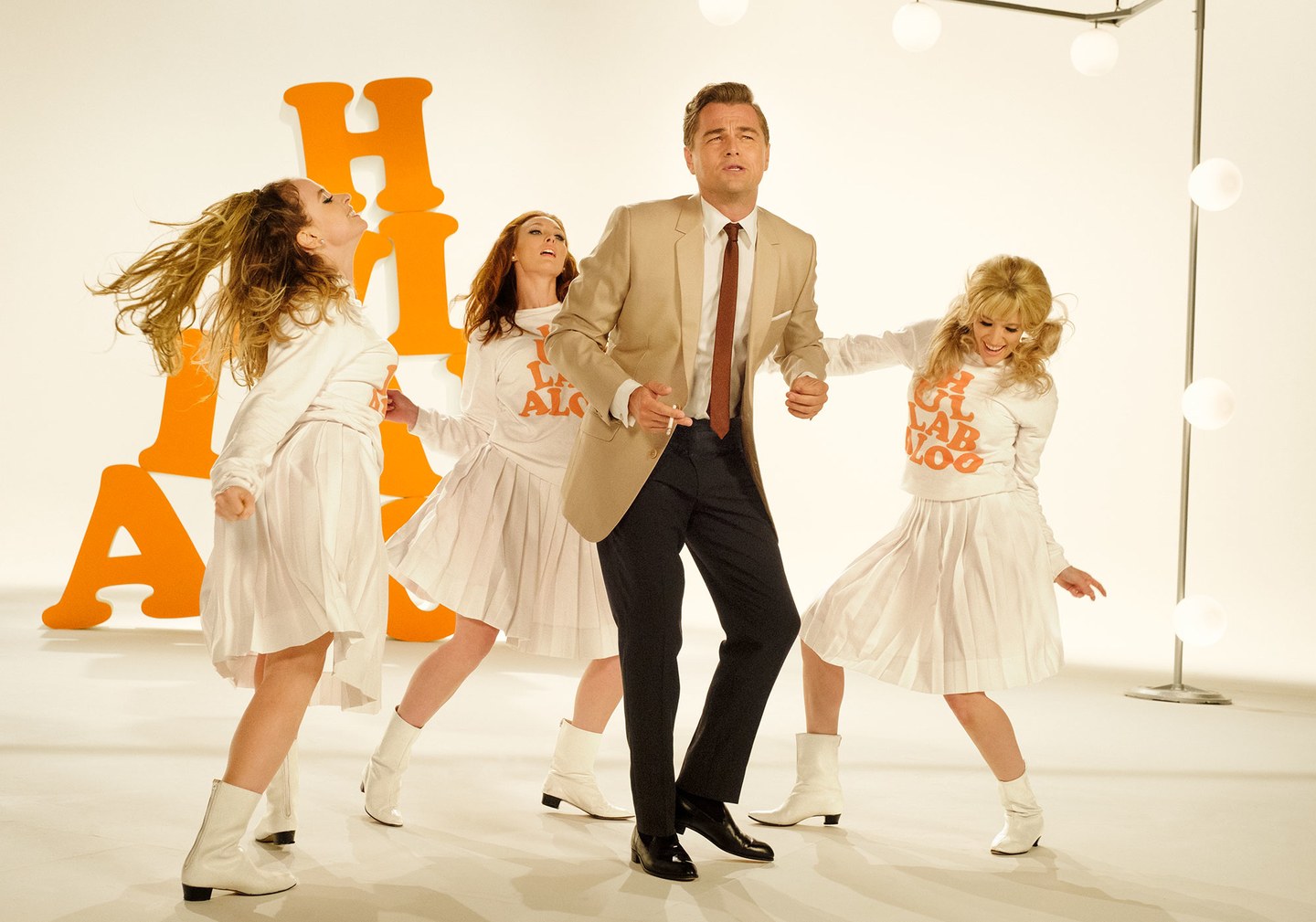
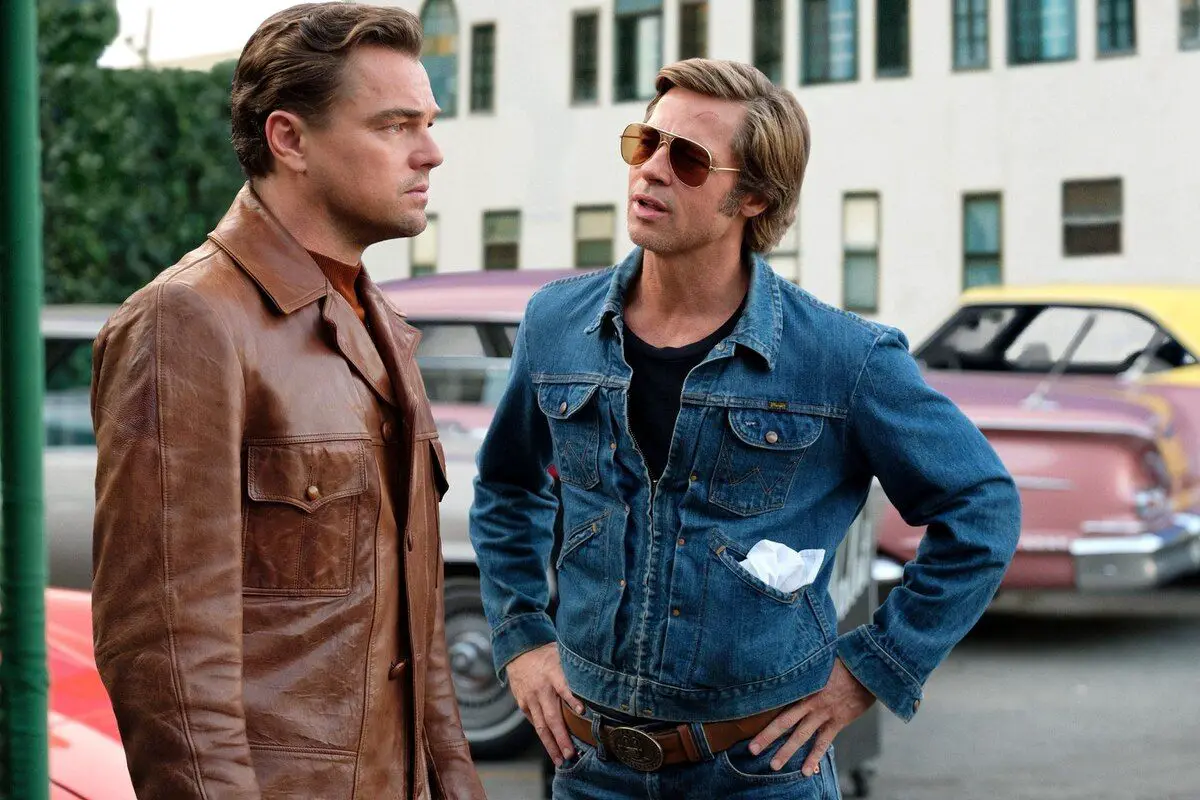
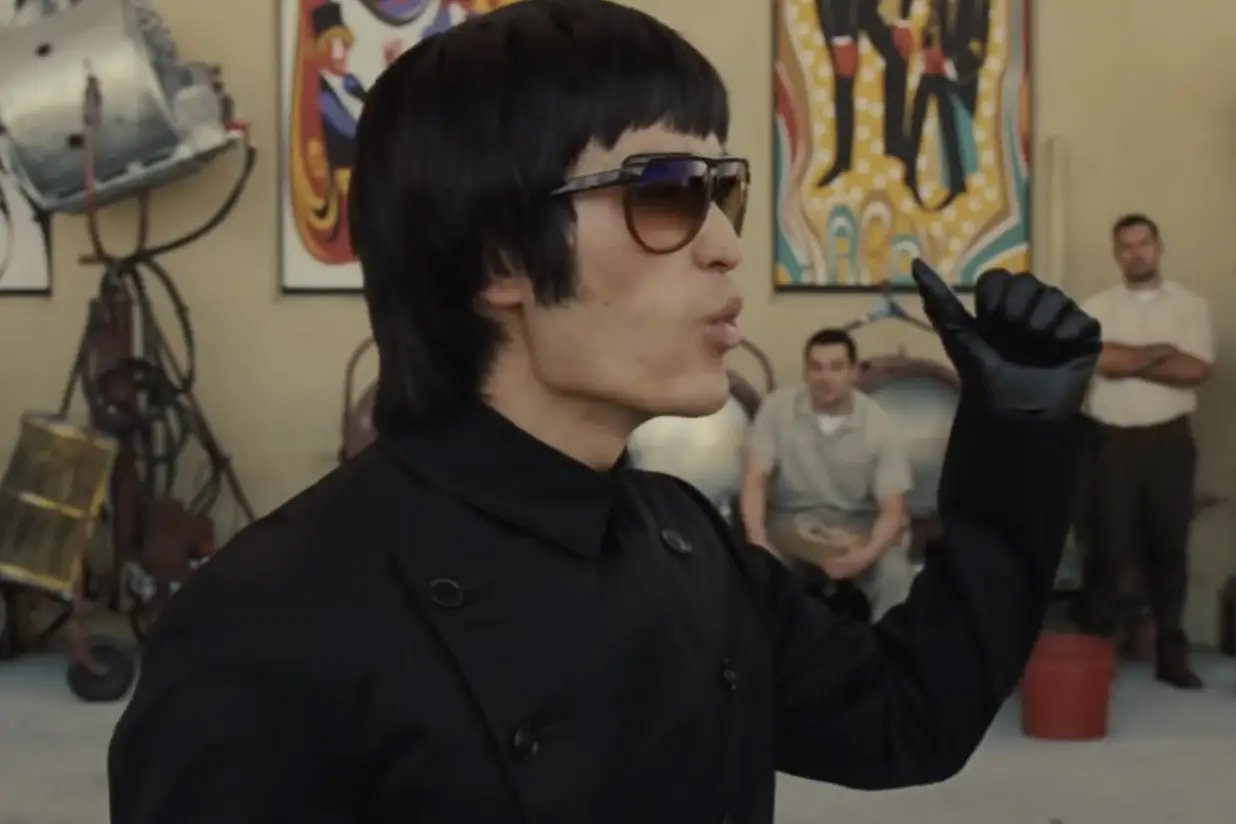
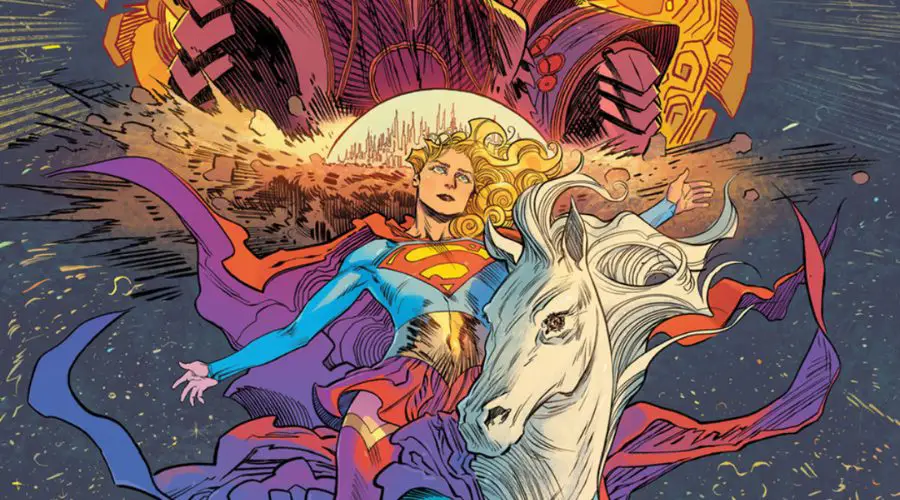
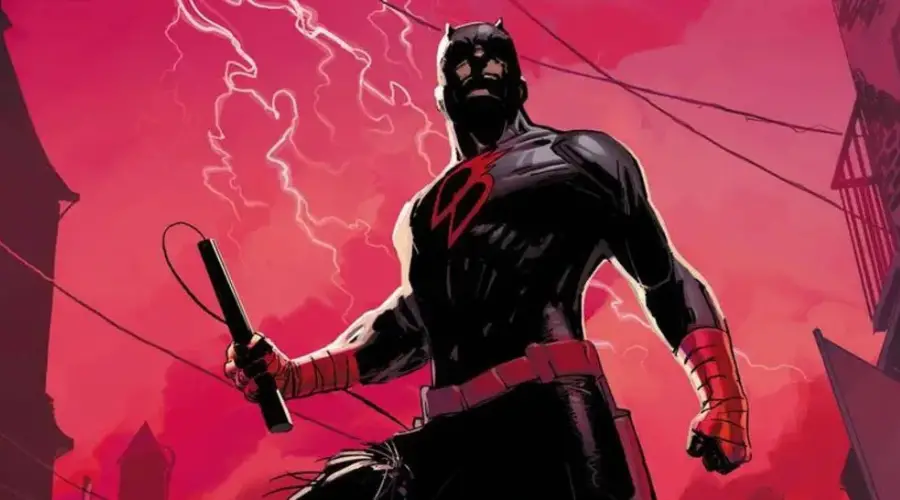


Leave a Comment